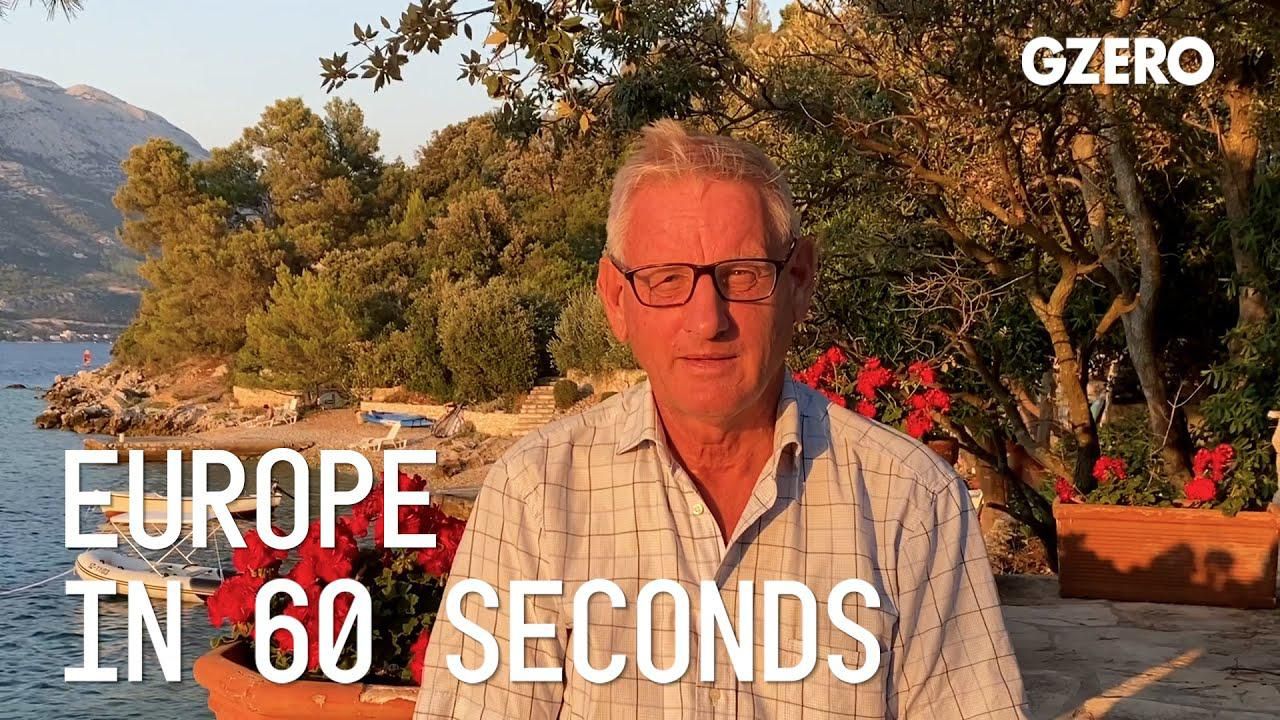
Carl Bildt, former prime minister of Sweden, shares his perspective on European politics, from the Adriatic Sea.
What's going to be the fallout of the resignation of the Draghi government in Italy?
Quite substantial. I would suspect, Mario Draghi with his government, very broad government has given Italy credibility both in terms of economic policy management, reform policies, and foreign policy not the least on Ukraine, during quite some time. He was thrown out by the populist and the rightist parties for obscure reasons. And now there will be elections on September the 25th. What's going to come thereafter? We don't know. The rightist and the center-right forces are leading in opinion polls at the moment, but all bets are off.
How is Europe handling the heatwave and the energy crisis?
Yep, that's really what's dominating. The heat wave immediately, of course, primarily in the south of Europe, but it's also in other places, emphasizing the importance of the climate transition. But also all of the issues related to our energy dependence, primarily the gas dependence of Germany and a couple of other countries on Russia, are much of the focus of the politics of Europe in the middle of the summer.